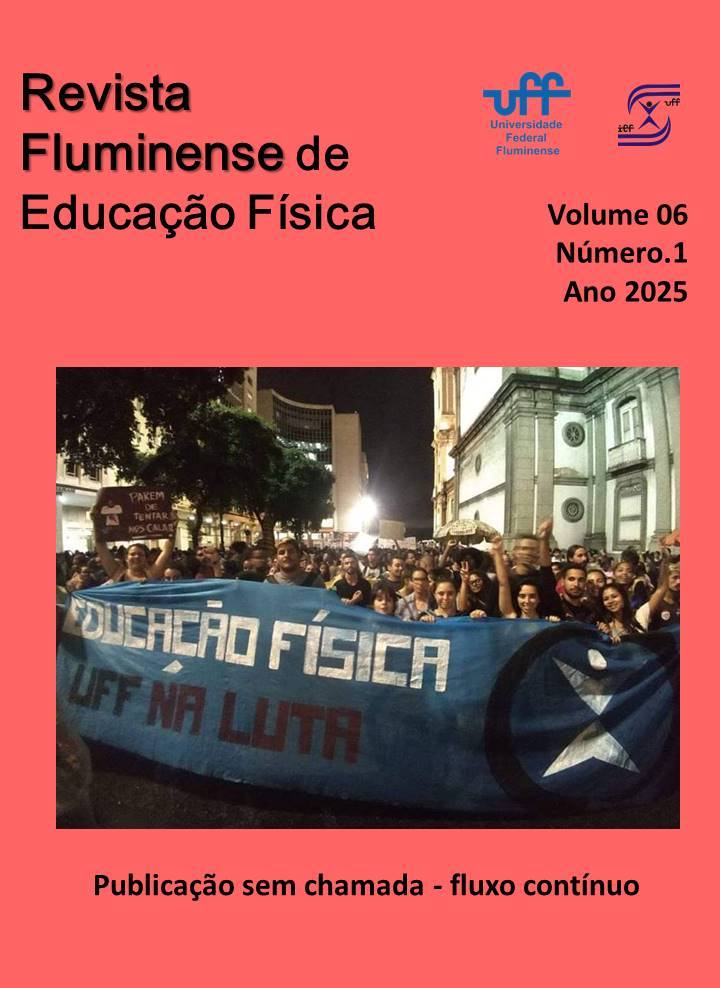PSYCHOMOTRICITY AS A PUBLIC POLICY IMPLEMENTED BY PHYSICAL EDUCATION TEACHER IN CHILDHOOD EDUCATION
Abstract
This article, prepared from bibliographical research, through a literature review, aims to contribute to the understanding of the structuring importance of psychomotricity worked through physical education classes in the first stage of basic education, early childhood education . Childhood is marked by intense periods of development, each phase encompasses a series of global dynamics, intrinsically interconnected. The dialectical character of this biopsychosocial relationship means that the subject of law develops and is transformed by the environment as he advances in his internal processes, depending on his biological structural framework. Monitoring this movement and implementing stimuli is one of the central tasks of psychomotricity, which will contribute to the child's level of motor, cognitive and affective development. Neglecting the importance of psychomotor work in childhood can have negative consequences that will affect social inclusion, the management of affections, the mastery of cognitive activities, academic success, among others. Although the premise is not deterministic, it is a risk. Therefore, discussing the role of psychomotricity in early childhood education is pointing to the perspective of comprehensive education, focused on equality and social equity. Since the complexity of contemporary life and the dispassionate fascination promoted by technological devices have contributed to a general sedentary lifestyle, systematically promoting activity in early childhood, from zero to 6 years old, is a matter of public policy.
Downloads

Downloads
Published
Issue
Section
License

This work is licensed under a Creative Commons Attribution-NonCommercial-NoDerivatives 4.0 International License.
Autores mantêm os direitos autorais e concedem à Revista Fluminense de
Educação Física o direito de primeira publicação, o que permite o
compartilhamento do trabalho com reconhecimento da autoria e publicação
inicial nesta revista. Os dados, conceitos e opiniões apresentados nos
trabalhos, bem como a exatidão das referências documentais e bibliográficas,
são de inteira responsabilidade dos/as autores/as.
Autores têm permissão e são estimulados a publicar e distribuir seu trabalho
online (ex.: em repositórios institucionais ou na sua página pessoal) já que isso
pode gerar alterações produtivas, bem como aumentar o impacto e a citação
do trabalho publicado.
Em virtude de aparecerem nesta Revista de acesso público, os artigos são de
uso gratuito, com atribuições próprias, em aplicações educacionais e não-
comerciais.



